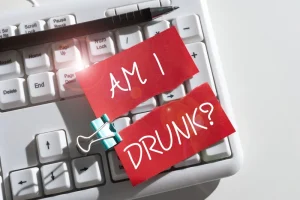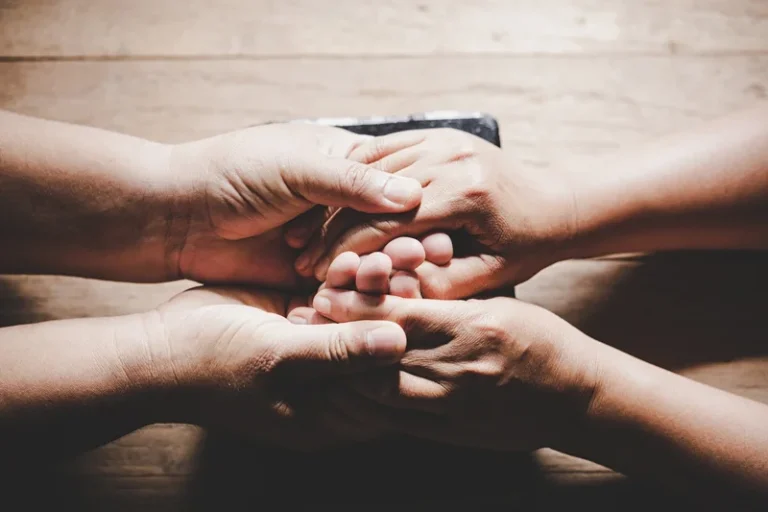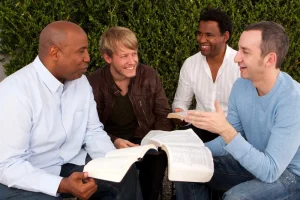
These activities are particularly effective in promoting mindfulness, awareness and gratitude, while also offering Substance abuse a break from the more intense emotional work that recovery often demands. Printable scavenger hunts can be customized to suit the needs of individuals or groups, making them both flexible and fun. Therapeutic games and group activities offer a more engaging, interactive approach to recovery, combining emotional exploration with practical strategies for change. Bingo is more than just a fun game for social gatherings—it can also be a powerful tool in the recovery and mental health journey. Recovery bingo cards are designed to address specific emotional or behavioral themes, encouraging participants to reflect, learn and grow while enjoying a familiar, relaxed game format.
Substance Abuse Worksheets Bundle PDF Templates
These activities are appropriate for diverse group sizes and settings, from formal programs to casual gatherings. Groups are lead by a trained group leader who prompts discussion and encourages everyone to participate. Other than gently guiding conversation, the group leader is responsible for picking up on client issues that reoccur in group therapy and in daily life.

Top 30 Substance Abuse Group Activities

For those craving a bit more adventure, outdoor team-building exercises and nature walks offer a breath of fresh air – literally and figuratively. There’s something about the great outdoors that puts our problems into perspective and reminds us of the vastness of possibilities. Addiction Resource aims to provide only the most current, accurate information in regards to addiction and addiction treatment, which means we only reference the most credible sources available.
- Armed with guided prompts, participants take turns sharing snippets of their journey.
- Group therapy doesn’t just provide a platform for individuals to meet with others with shared experiences.
- A therapist works with the clients to identify how their negative thoughts affect emotions and behaviors.
- The program here at Two Dreams focuses on the improvement of one’s life through the achievement of mental peace, physical well-being, and personal productivity.
- This activity helps individuals develop coping strategies and practice assertiveness in a safe environment.
- By incorporating these topics into group therapy sessions, participants can develop a comprehensive toolkit for recovery, supported by the camaraderie and shared experiences of their peers.
Time Management Counseling (Techniques, Tips and Tools)
- This activity encourages members to celebrate even minor milestones, helping them recognize progress and reinforcing a sense of accomplishment.
- This session offers guidance on budgeting, saving, and managing finances, providing members with practical tools to reduce financial stress and improve stability.
- In this exercise, participants are asked to write a letter to their addiction, detailing how it has impacted their lives and what they hope to achieve in recovery.
- With tools like Recovery Bingo, Gratitude Scavenger Hunts and Therapeutic Jenga, individuals can actively engage with their recovery journey in a positive and productive way.
Draw or paint a picture of something in nature that has found a way to thrive in a harsh environment, such as a cactus in the desert, or tree roots bursting up from a sidewalk. Talk about your own resilience in the face of games for recovery groups challenges, and how you might learn to be more resilient in the future. Ask the group to visualize themselves lost at sea in a storm at night. Just as they are starting to lose hope, they see a glimmer of light. Rowing hard, they use it to guide them to shore, where they are given dry clothes, a hot meal, and a cozy place to sleep. Imprint this image in your mind, or perhaps even draw a picture of it, so you can use it again for guidance in your real life.

Ask participants to create visual boards showcasing their recovery goals and aspirations to ignite stimulating conversations and reflection. Remember, the journey of recovery is as unique as each individual embarking upon it. But with the power of group support and these engaging, transformative activities, that journey becomes not just manageable, but truly rewarding. To encourage participation, facilitators can start with simple, engaging games that build confidence and gradually introduce more complex ones.